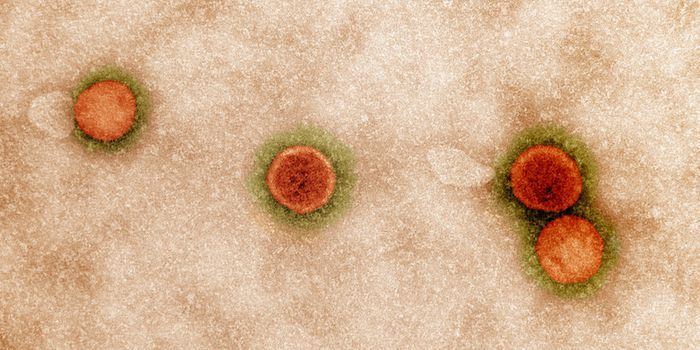A giant step in treating growth disorders in children.
Hormone production and release is important in individuals of all ages but is especially important for children as hormones mediate body and brain growth. One important hormone for growth in children is called growth hormone (GH). As a hormone, GH is mediated by brain regions that release signals to the pituitary gland that allow it to either release or inhibit GH. Because of this, damage to various brain regions or the pituitary, such as after a traumatic brain injury, can result in deficiency in GH release.
GH has multiple roles in physiology including for the regulation of body and muscle growth, cell reproduction and regeneration, and to help regulate glucose homeostasis. GH is critical for bone and muscle growth during early life and the pubertal transition, and deficiency in GH impairs body growth and can lead to short stature and various metabolic diseases. Normally, GH is released in pulses throughout the day, but is secreted in the highest amounts during deep sleep. When GH release is impaired, sleep is disrupted, and conversely, when sleep is disrupted GH release is impaired. As such GH deficiency (GHD) can cause severe changes to physiology and overall health and dramatically impairs growth in children. Some treatments exist for GHD, however, they are costly and cumbersome and require daily injections into patients. Last week, the United States Food and Drug Administration (FDA) approved a novel drug to treat GHD that can help alleviate some issues with current drugs.
The novel drug, called Skytrofa, is a long-acting prodrug of GH. As a prodrug, the GH analog is protected by a hydrophilic carrier that allows the drug to travel to target tissue. This prodrug feature of Skytrofa is an important aspect of the drug because of the structure of GH. As a peptide, GH is readily broken down upon entry into the body and does not easily enter target tissue. However, Skytrofa minimizes breakdown and maintains high levels in blood plasma in order to achieve efficacy. Additionally, Skytrofa requires a once weekly injection versus the current daily injections which is a great benefit for patients.
In a recent clinical trial, researchers studied pediatric patients (3-12 years old) from 15 different countries who were diagnosed with GHD. The patients were administered Skytrofa once a week for 52 weeks and body growth was recorded and compared to patients who received standard GH treatment. It was found that the patients who were administered Skytrofa superior annual body growth and a greater change in height compared to patients receiving standard treatment. Skytrofa was also well tolerated, and patients displayed minimal side effects. This novel drug is important for the patients suffering from GHD as it represents a convenient dosing regimen (i.e. weekly versus daily injections) and has excellent safety, efficacy and tolerability compared to other drugs currently on the market.
Sources: Ascendis Pharma; Journal of Clinical Endocrinology & Metabolism








